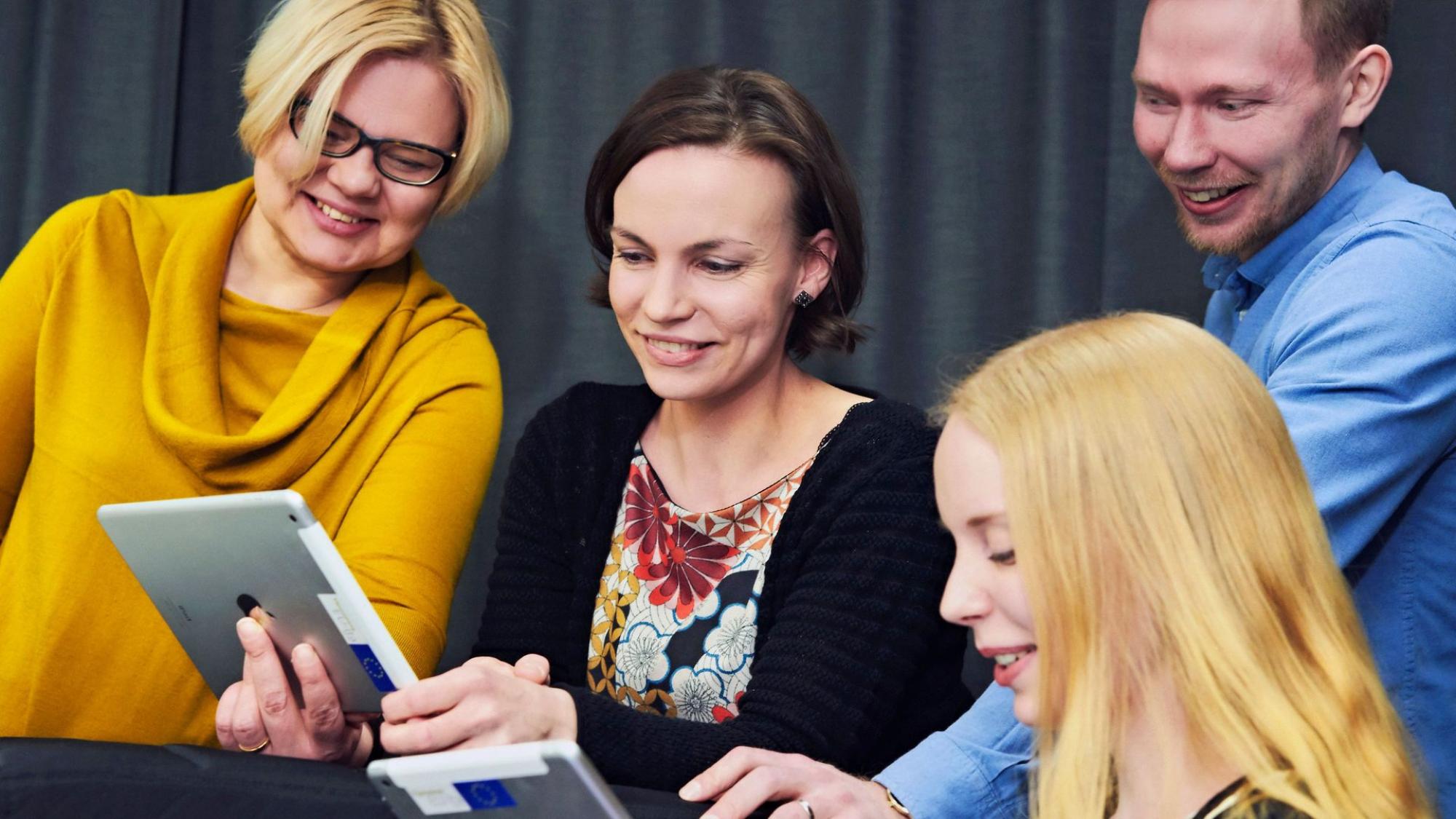Science with Arctic Attitude
Researchers are the stars of the University. They are pushing the boundaries of the known every day. Science with Arctic Attitude blog gives a voice to those who know. In this blog, researchers from the University of Oulu describe their work in an understandable way, each in their own style. They share their big insights, small frustrations, and vice versa.
The Science with Arctic Attitude blog is edited by communications specialists Kukka Haapaniemi (editor in chief), Anna-Maria Hietapelto and Meri Rova

